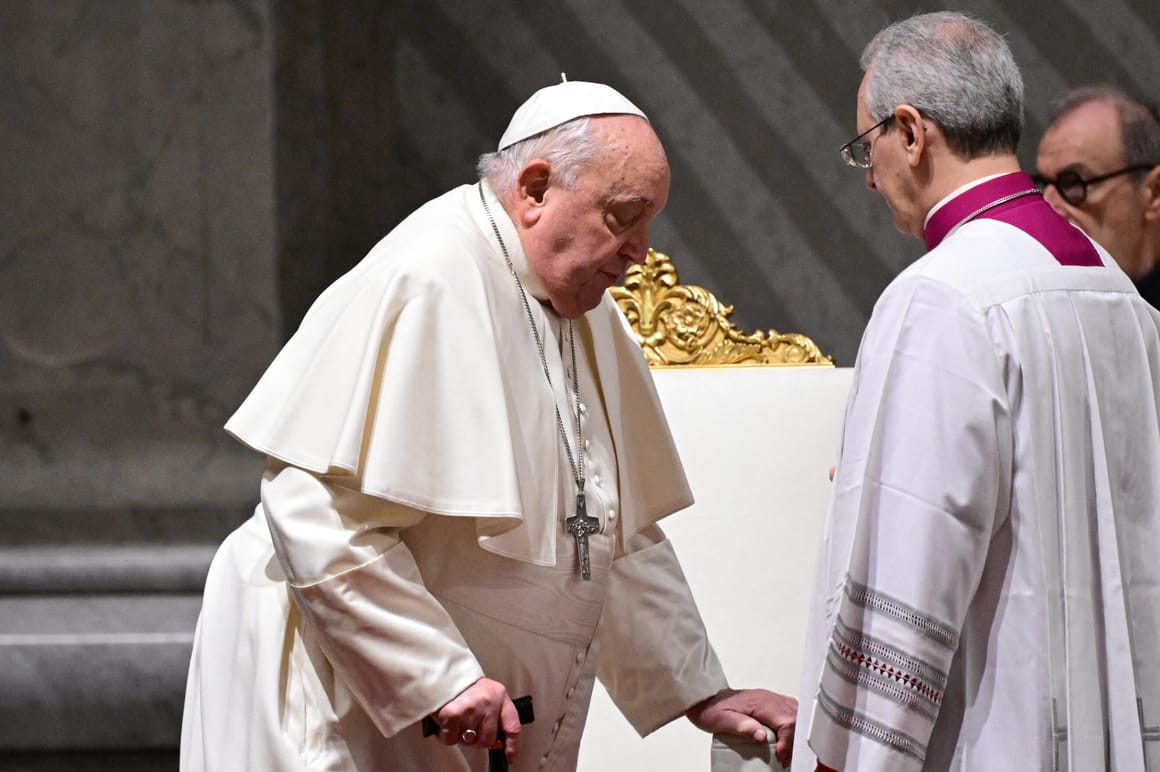The Impact of Pope Francis’s Death on Global Conversations About Leadership and Faith
Pope Francis, the beloved leader of the Roman Catholic Church, known for his humble approach and progressive views, has passed away. This event marks not only the end of an era for the Church but also ignites global conversations about leadership in faith, compassion, and social justice. Pope Francis was transformative in his mission, and his legacy will undoubtedly reverberate across various sectors, including business and faith communities.
Understanding the significance of Pope Francis’s death requires us to explore his impact on both religious and secular domains. His approach to leadership, grounded in humility and a connection to the marginalized, offers valuable lessons for HR professionals and business leaders alike.
Pope Francis: A Shift Towards Inclusivity
Pope Francis notably emphasized inclusivity during his papacy. His outreach to various groups—including the LGBTQ+ community, divorced Catholics, and those living in poverty—paved the way for a more welcoming approach to faith. The article on Politico details how the pontiff’s unique leadership style fostered dialogue rather than division, illustrating a much-needed model for contemporary leaders.
Lessons in Leadership from Pope Francis
The leadership style of Pope Francis transcended religious boundaries. His ability to engage with disparate groups left an indelible mark on global discussions about what it means to lead with empathy and understanding.
- Empathy as a Core Value: Pope Francis taught that leadership should center on empathy. His interactions with those on the margins of society showcased the importance of understanding diverse perspectives.
- Encouraging Dialogue: His commitment to dialogue over conflict is a lesson that HR professionals can implement in their organizations, fostering environments where open communication is valued.
- Leading by Example: The Pope exemplified servant leadership, prioritizing service over power, which is a crucial ethos for business leaders in creating respectful and equitable workplaces.
The Intersection of Faith and Business
As the world mourns his passing, it’s also crucial to consider how the Pope’s principles can intertwine with business practices. HR professionals and organizations can draw inspiration from Pope Francis’s commitment to social justice and corporate responsibility.
For instance, businesses are increasingly recognizing the importance of ethical practices. The convergence of corporate responsibility and the Pope’s teachings promotes a culture of respect, sensitivity, and global awareness in organizations. By instilling these values, leaders can create workplaces that not only thrive economically but also contribute positively to society.
Pope Francis and the Global Community
The global impact of Pope Francis’s teachings can be observed in various fields, fostering a community that seeks to uphold values of kindness and compassion. His engagements were not limited to religious practices; he extended his hand to political leaders, environmentalists, and social activists, emphasizing collective responsibility in addressing global challenges.
As we reflect on his life, leaders in various sectors must consider how to incorporate these lessons into their organizational cultures. For example:
- Social Responsibility Initiatives: Implement programs that support marginalized communities and promote ethical practices in business.
- Training on Empathy: Develop training programs that enhance employees’ understanding and practice of empathy in the workplace.
- Encouraging Inclusive Practices: Create policies and practices that ensure all voices are heard and respected within the organization.
Creating a Sustainable Future
Pope Francis was also a staunch advocate for environmental issues, articulating that care for our planet is essential for future generations. This call to action is increasingly relevant for businesses today, as sustainable practices not only reflect corporate responsibility but also resonate with consumers who prioritize ethical consumption.
Incorporating sustainability into the business model is not merely a trend but a responsibility that leaders must undertake. Organizations can draw inspiration from the Pope’s legacy and take decisive action toward sustainable practices.
- Adopting Sustainable Practices: Implement eco-friendly initiatives that reduce environmental impact.
- Promoting Awareness: Ensure that all stakeholders understand and commit to sustainability goals.
- Engaging with the Community: Involve local communities in efforts to promote environmental stewardship.
Conclusion: Carrying Forward the Legacy of Pope Francis
The passing of Pope Francis is a moment of profound reflection and opportunity. For HR professionals and business leaders, it offers a chance to reassess how compassion, dialogue, and responsibility are woven into the fabric of organizational culture. The Pope’s legacy transcends faith and invites us to create inclusive, respectful, and just workplaces.
In celebrating his life and contributions, let us pledge to lead with empathy, engage with integrity, and advocate for social justice. In doing so, we honor the spirit of Pope Francis, ensuring that his teachings continue to inspire countless individuals toward positive action and change. As we move forward, may his commitment to love, respect, and caring for one another shape the next chapter of leadership in our global community.








